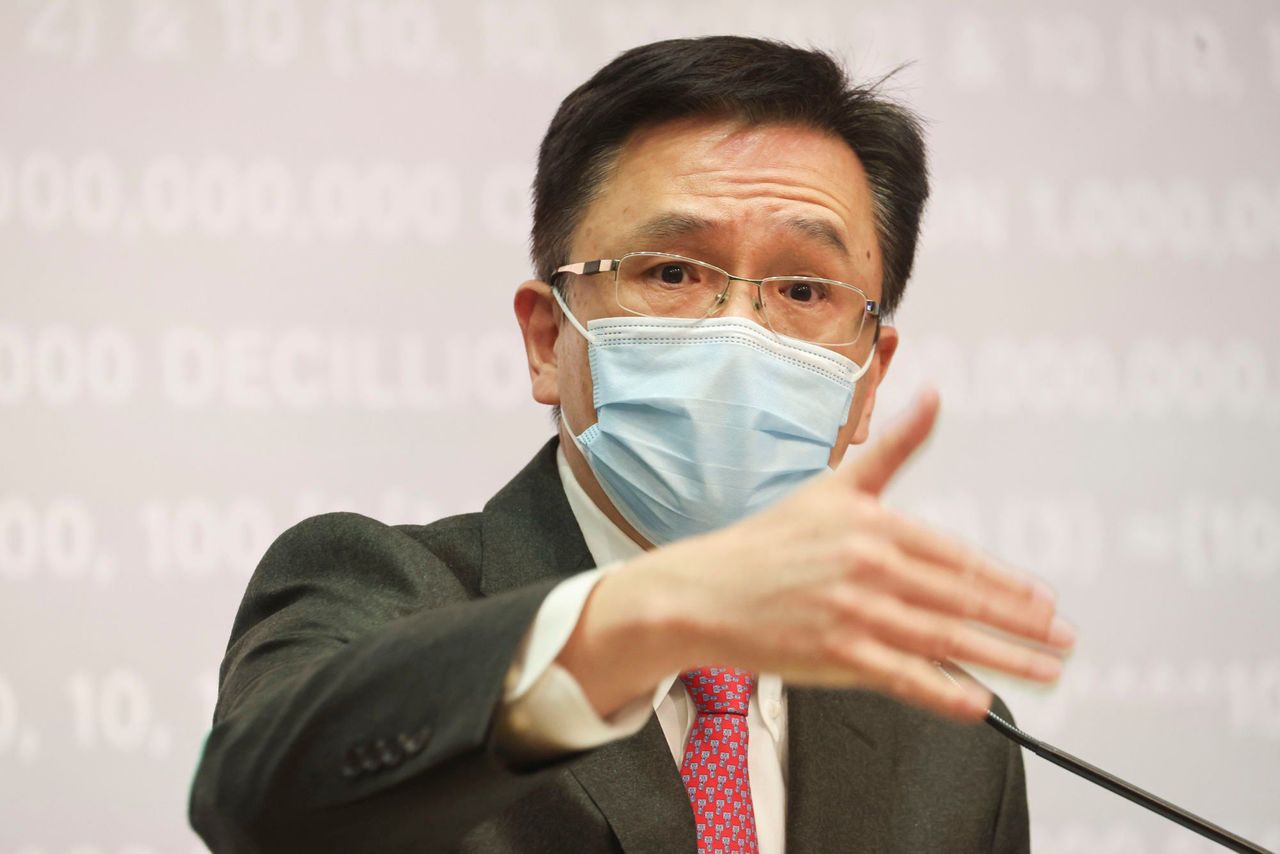Hong Kong News

Embrace ChatGPT or regulate it? That is the question for Hong Kong task force
Hong Kong plans to set up a special task force to recommend the best way to navigate the “revolutionary” disruption caused by controversial artificial intelligence chatbot ChatGPT, the city’s technology chief has said.
The government had kept a watchful eye on uses of artificial intelligence that might require regulation through legislation, Secretary for Innovation, Technology and Industry Sun Dong said on Friday.
“We have always been concerned about maintaining the pace of technological development in the face of fierce competition while ensuring these technological advances are used correctly,” he said. “We hope to have the opportunity to talk more about it with the industry.”
The technology minister pointed to the recent global debate surrounding ChatGPT.
 Secretary for Innovation, Technology and Industry Sun Dong.
Secretary for Innovation, Technology and Industry Sun Dong.
The chatbot application can give humanlike responses on topics from politics to sports to science, made possible through machine learning algorithms trained with vast amounts of wide-ranging data.
Sun hailed the app as a technology that might have an impact on the life and work of every Hongkonger.
“We live in a world where a revolutionary, disruptive technological achievement could emerge daily. I believe ChatGPT is one of these,” Sun said.
“Our preliminary plan is to set up a special task force to study and recommend what measures the government should take to face this sudden and major challenge.”
A spokeswoman for the Innovation, Technology and Industry Bureau later said the task force would deal with both opportunities and challenges brought about by all AI-based revolutionary technologies, with ChatGPT being one of them.
The increasing popularity of the application has drawn polarised responses. A Singapore government agency is reportedly rolling out an enhanced productivity work tool based on ChatGPT that allows the island state’s civil servants to draft reports and speeches with the help of the chatbot.
Conversely, two universities in Hong Kong banned their students from using ChatGPT in their coursework earlier this month.
Baptist University vice-president of teaching and learning Albert Chau Wai-lap told students in a letter sent on Wednesday that taking ideas from AI tools and presenting them as their own would be considered plagiarism.
Professor William Wong Kam-fai, associate dean of Chinese University’s engineering faculty, told the Post the institution had not yet decided on a policy regarding ChatGPT.
Wong, also a lawmaker, said academic circles had been considering creating a set of ethics guidelines that required transparency of AI utilities to better protect users.
He said one of the profound risks was “garbage in, garbage out” – if a flawed data set was used to train an algorithm, the AI application’s output might mislead users.
“To become a credible company, it will have to conduct AI engineering,” Wong said.
“There should be proper governance in every step, including how the data is sourced, how the training is carried out, and how the system is evaluated. Every stage must be done properly.”
Wong said that as Hong Kong embraced the opportunities of Web3 – the next evolution of the internet – and the digital economy, the city would inevitably run into similar ethical concerns and “we really need to start working on regulation”.
Duncan Chiu, who represents the information technology sector in the Legislative Council, said it would be a complex calculation in determining the right timing to introduce a regulatory regime. Law drafters had to ensure they were expertly informed of the latest technologies, he advised.
Sun had noted that there were no “mature” examples of AI legislation in other parts of the world.
The city should not wait and risk falling behind the competition, Chiu said, adding legislation that might deliver economic benefits was an intellectual property licensing regime for AI-assisted creations.
“If we are able to lead the pack in coming up with legislation that clarifies the rights, perhaps many would base their AI-generated content in Hong Kong,” he said.
“When you make a good law, you can generate an enormous opportunity. But if you make a bad law, you could kill the business from happening here.”











